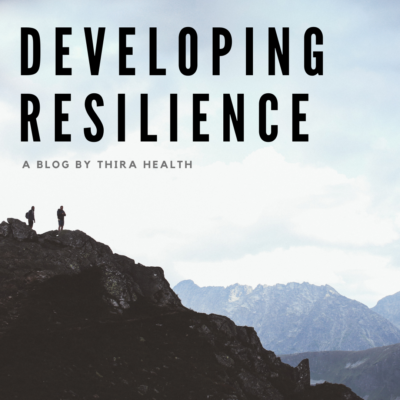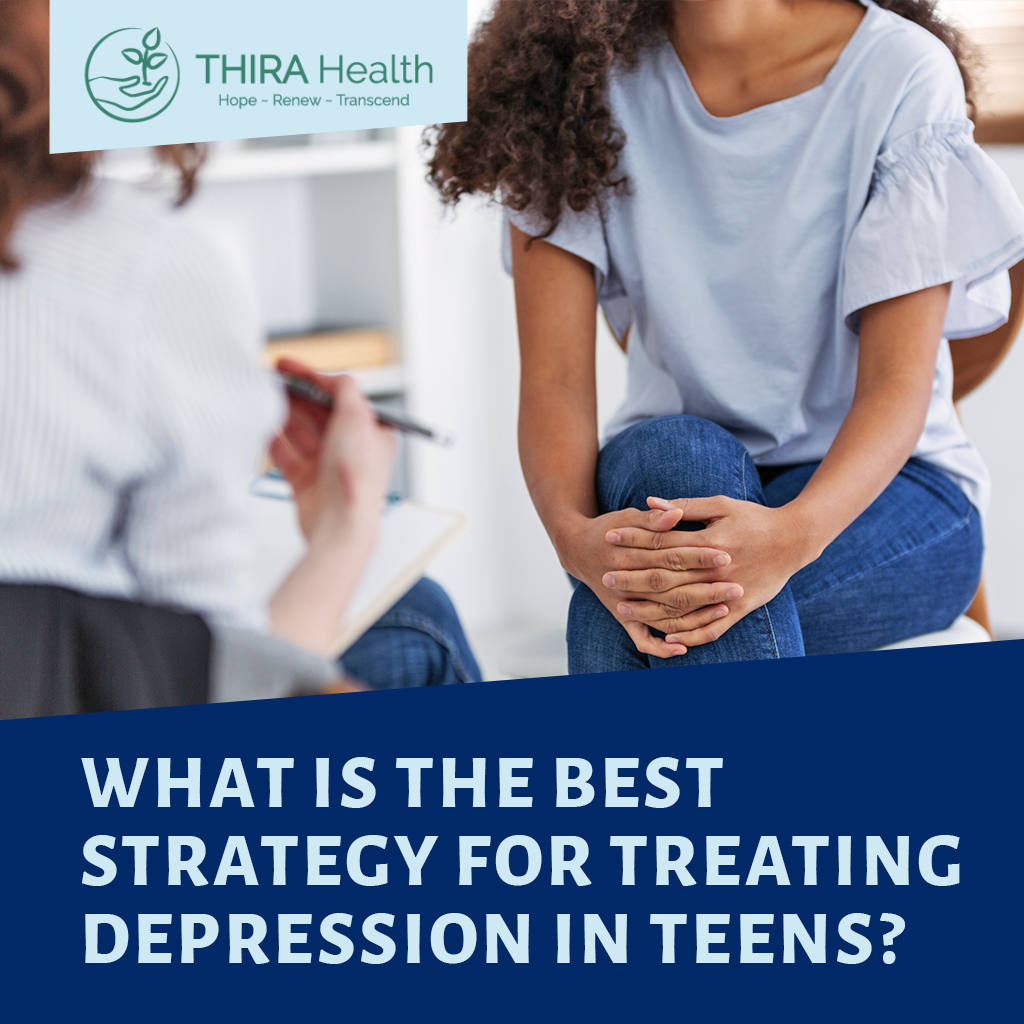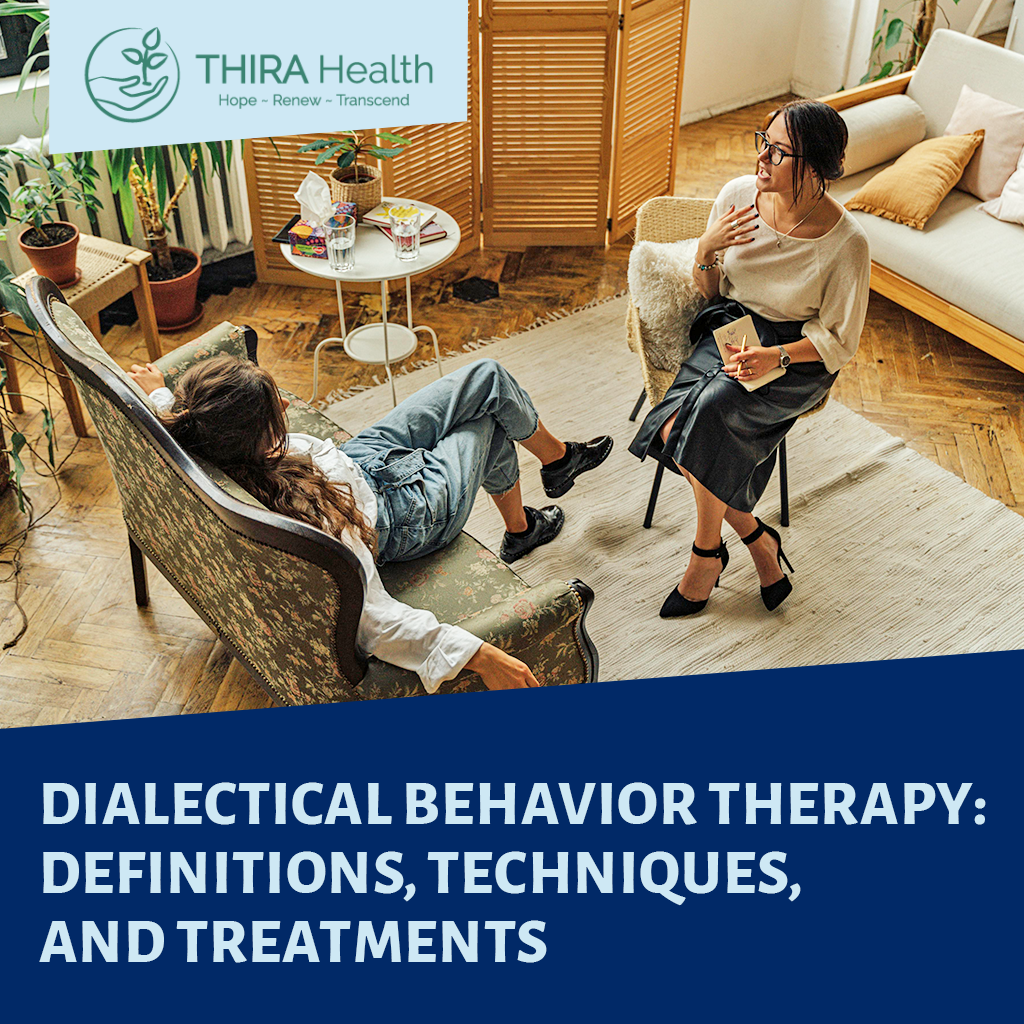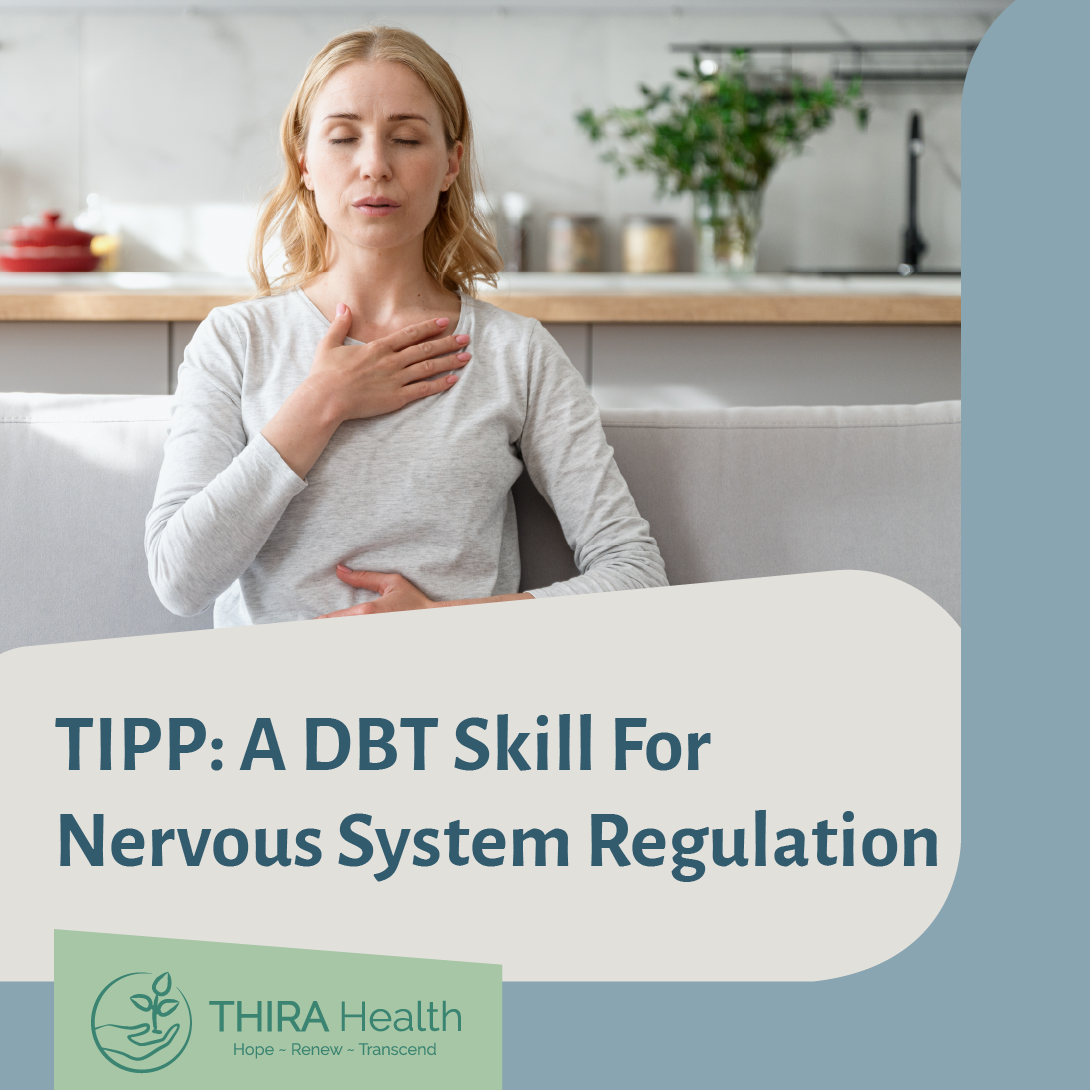The sometimes overwhelming stresses of the past year have brought increased awareness about the importance of mental health to many who had never before given it much thought. Some of these people found themselves suffering from mental health issues for the first time, but lacked the knowledge and tools needed to maintain their previously positive outlook. Even those who did not suffer from clinical definitions of depression or anxiety still may have endured heightened levels of stress from the unavoidable pressures brought to bear on all of us by the pandemic, and the fear and chaos it created. Very few were left untouched.
Positive mental health is more than the absence of disorders. All of us, at times, struggle with something caused by an external stressor or internal worry. They could be problems at work, or one of the rocky bumps that all personal relationships endure from time to time. The death of a loved one, whether a person or pet, can be devastating, and many are unable to manage their grief. Suffering an illness or sudden change in health. All of these things can send us into a bleak downward spiral, even without the added stresses of a global pandemic piling on.
What can we do to better manage these inevitable and unavoidable adversities? To even out the difference between the peaks and valleys of our moods, or at least lessen the duration of the downward turns?
There is a process each of us should learn called resilience, which offers a multitude of benefits to help navigate inevitable periods of adversity.
Resilience is the process of being adaptable and able to bounce back to your “normal” baseline in times of stress Different therapies – for example, Dialectical behavioral Therapy (DBT) – can provide you with processes and tools to help you gain control over life-threatening behaviors, as well as those behaviors that interfere with daily routines. This may involve learning how to express your feelings in more positive and affirming ways, working to improve your problem-solving abilities, and learning mindfulness and meditation. All of these new behaviors can help you become more resilient and accepting of change.
That does not mean the stress or anxiety or grief is eliminated, but with resilience these things are more manageable – the downturned lessened, the duration shortened.
No one is resilient at a constant rate – some may be better at recovering quickly from work setbacks while struggling with personal relationships or issues of grief. Others may be the opposite. Resilience is relative for all of us, just like any mental health tool.
But that doesn’t mean we can’t work to improve our ability to be resilient. Like any learned behavior, with knowledge and practice, we can move the needle in a positive direction and fine-tune our skillset.
When confronted by adversity, people react in a multitude of ways. Some behave as if nothing happened, willfully ignoring the cause of their pain. Others get angry, or withdraw, feel guilt, anguish, or an overwhelming sadness – there are probably as many different reactions as there are people in the world, as well as the degrees to which they are felt.
While there are many different reactions to adversity, there are also different ways of using resilience to cope. There is no “one size fits all,” and even a single individual will develop different resilient processes.
THIRA Health uses Dialectical behavioral Therapy (DBT) to teach our patients how to be more resilient by learning to live in the moment, develop healthy ways to cope with stress, regulate their emotions, and improve their relationships with others.
If you are curious about your own resilience, 1review the Conner-Davidson Resilience Scale, comprised of 25 items with each rated on a five-point scale, with higher scores reflecting more resilience. The scale is shown below.
The Conner-Davidson Resilience Scale
- Able to adapt to change
- Close and secure relationships
- Sometimes fate or God can help
- Can deal with whatever comes
- Past success gives confidence for new challenge
- See the humorous side of things
- Coping with stress strengthens
- Tend to bounce back after illness or hardship
- Things happen for a reason
- Best effort no matter what
- You can achieve your goals
- When things look hopeless, you don’t give up
- Know where to turn for help
- Under pressure, focus and think clearly
- Prefer to take the lead in problem-solving
- Not easily discouraged by failure
- Think of self as a strong person
- Make unpopular or difficult decisions
- Can handle unpleasant feelings
- Have to act on a hunch
- Strong sense of purpose
- In control of your life
- You like challenges
- You work to attain your goals
- Pride in your achievements
The scale shows that resilience is quantifiable and can be modified and improved with effort and/or treatment. Evaluating yourself on the scale can help you direct your efforts into becoming a more resilient person.
Acceptance and Appreciation
If there are underlying foundational concepts to resilience, they are acceptance and appreciation.
We need to accept our situation and lean into gratitude for the things we have. This veers dangerously close to cliché, but it’s often the case that the better known clichés are built around a core of truth. We too often compare ourselves to others, covet what they have, and feel envious or cheated by the perceived disparities.
Practicing mindfulness and meditation, finding a calm center and anchoring yourself to it, are ways to become resilient. Mindfulness is a method of accepting what is, of understanding that change is inevitable and the best path forward is to embrace it. With practice, mindfulness can help you reduce negative reactivity, which in turn increases your resilience and acceptance of how things are.
There is a saying that “perfection is the enemy of good.” While striving for perfection is something many of us attempt, it becomes defeating when the time or resources needed to actually achieve perfection erect barriers to completing the task itself. Either you work on it endlessly and never finish, or you abandon it because you feel it will never meet your lofty expectations. “Oh, well, it will never be good enough, I may as well stop.” Learn to accept that good is, well, good. Entering the paradox that “everything is perfectly imperfect” facilitates resilience in that we grow our capacity to grow in apparent contradiction.
Practice being resilient by acquiring some of the skills mentioned earlier, and seek out others as needed. Be mindful, and practice acceptance. Learn to be appreciative, to express yourself in positive ways, and understand that most problems have a solution. Mindfulness and resilience together can serve as the gravitational center around which these others orbit.
In the end, accepting what we have achieved for ourselves and loved ones, and having appreciation for those accomplishments measured not against others but by our own internal barometer, is the key to being resilient and finding lasting peace.






